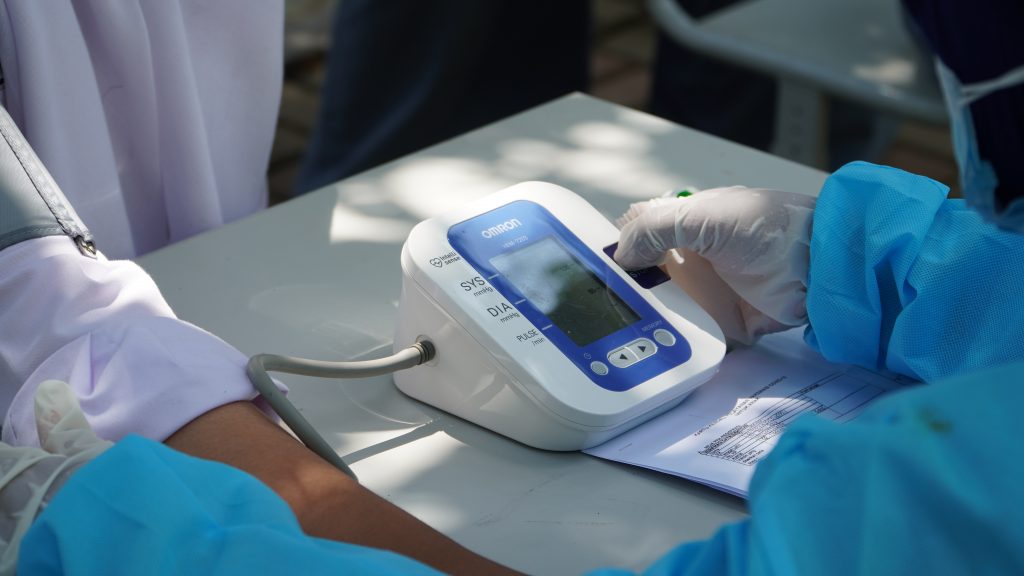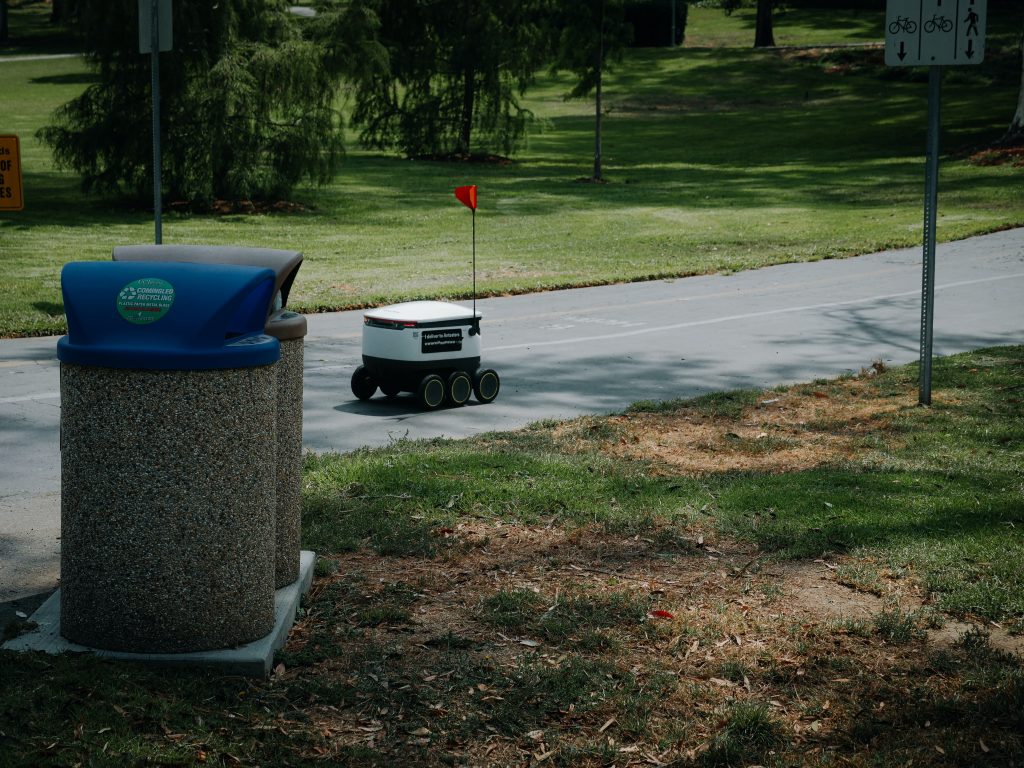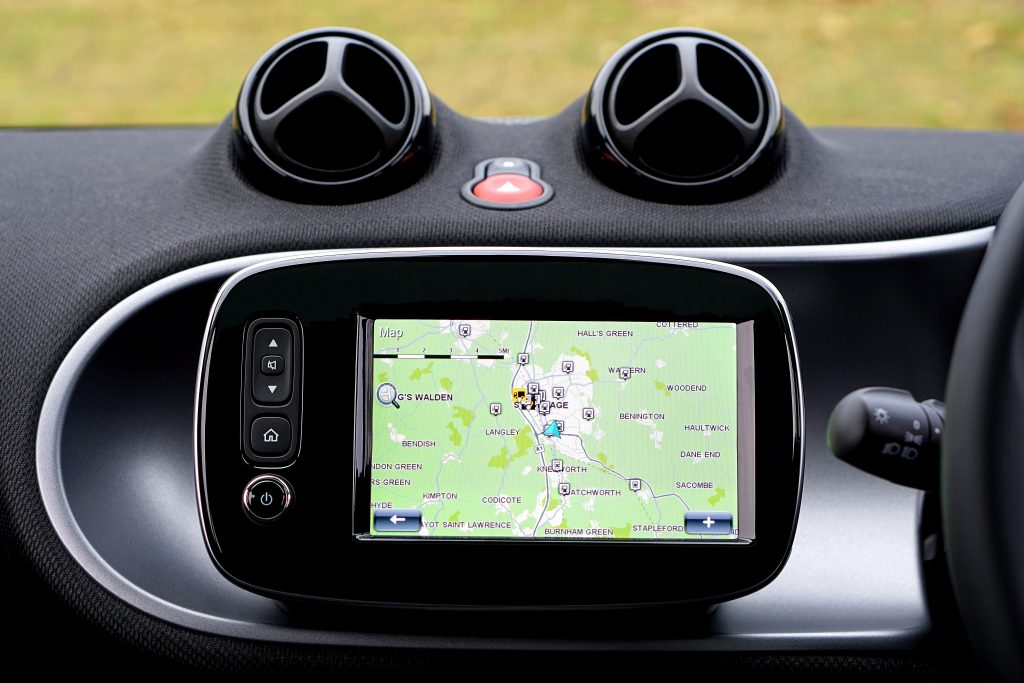Don't miss our holiday offer - 20% OFF!

Read also : The Role of Gas Sensors in Building Safety and Efficiency
In an ever-evolving digital era, technology plays an increasingly crucial role in creating a more responsive and interconnected society. One sector significantly affected by these advancements is social services. In this article, we will explore the vital role played by IoT (Internet of Things) sensors in reshaping the operations of social services, fostering more efficient and responsive service delivery, and helping build a more connected community.
Contents
Optimizing Social Services with IoT Sensors
The implementation of IoT sensor technology has brought about significant changes in social services. Here are some ways in which this technology plays a role in creating a more responsive community:
IoT Sensors in Health Monitoring

Read also : Gas Sensors : Monitor the Health and Safety of Electric Motors
IoT-connected health sensors enable social services to monitor beneficiaries’ health more accurately. Real-time information on heart rate, blood pressure, and other health parameters can be accessed. This allows for quick action in emergency situations and more effective health management.
IoT Sensors in Environmental Monitoring

Read also : Environmentally Friendly Hospitals: Optimizing Energy Management with IoT
IoT sensors are also used to monitor the environment where beneficiaries reside. Smoke detectors, humidity sensors, and other devices allow for the rapid identification of emergency situations, such as fires or gas leaks. Swift response in these situations can prevent greater harm.
IoT Sensors in Asset Management

Read also : Enhancing Flood Management with Camera Sensors and Imagery
Social services often possess valuable assets like vehicles and medical equipment. IoT sensors enable real-time tracking of these assets, ensuring more efficient utilization and preventing loss or misuse.
IoT Sensors in Location Tracking

Read also : Optimizing Energy and Resource Usage in the Office Environment with Smart Technology
With the assistance of GPS sensors and IoT tracking technology, social services can ensure the whereabouts of beneficiaries. This is crucial in situations where individuals go missing or when immediate intervention is needed, such as in cases involving individuals with cognitive impairments.
Conclusion
IoT sensors play a crucial role in transforming social services into a more efficient, responsive, and interconnected system. With this technology, social services can optimize their support for beneficiaries, creating a community that is more responsive to the needs of individuals and families in need of assistance. With the continuous development of IoT technology, there is potential to create a stronger, united, and interconnected society. Ultimately, the role of IoT sensors in the transformation of social services is key to realizing this vision.





